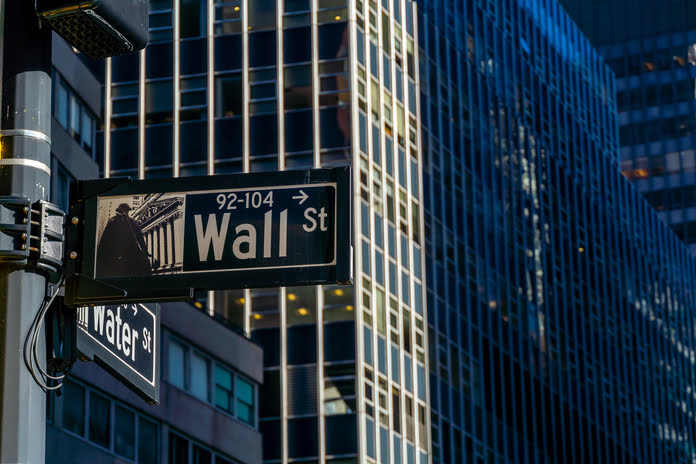Stock markets opened the year on a weak note, with Wall Street surrendering some of the substantial gains achieved in the previous year. Early trading on Tuesday saw the S&P 500 down by 0.6%, the Dow Jones down by 138 points, and the Nasdaq composite lower by 0.9%. Key contributors to last year’s success, such as Apple, experienced a 2.4% decline. The overall market sentiment was affected by the anticipation of a potential pause in the rally that had propelled the S&P 500 to nine consecutive winning weeks, nearing its record high. Additionally, Treasury yields saw a regression after a significant surge.
In a breaking news update, Wall Street, having enjoyed robust gains in 2023, faced losses on the first trading day of 2024. Before the opening bell, S&P 500 futures lost 0.8%, while Dow Jones Industrial Average futures slid 0.6%.
Investors and economists were awaiting crucial employment data throughout the week, with reports on job openings, weekly jobless claims, and the highly anticipated December jobs report. Friday’s market decline from near all-time highs was influenced by factors such as easing inflation, a resilient economy, and the prospect of lower interest rates, which bolstered investor confidence.
Internationally, Hong Kong’s benchmark dropped over 1%, and Shanghai also experienced a decline due to signs of weakness in Chinese manufacturing and property sectors. Notably, the Hang Seng index in Hong Kong sank 1.6%, and the Shanghai Composite index dropped 0.4%.
Chinese property developers, including China Evergrande and LongFor Group Holding, faced significant sell-offs, with declines of 6% and 6.9%, respectively. Sino-Ocean Holding also declined by 4.6%. The official purchasing managers index (PMI) for China in December fell to 49 for the third consecutive month, highlighting weak demand and challenging economic conditions.
In Europe, Germany’s DAX and the FTSE in London each slid 0.5%, while the CAC 40 in Paris tumbled 0.8% by midday.
In the commodities market, U.S. benchmark crude oil gained $1.66 to reach $73.31 per barrel, and Brent crude, the international standard, added $1.52 to hit $78.56 per barrel. The U.S. dollar strengthened against the Japanese yen, rising to 142.11 from 140.88 yen, while the euro fell to $1.0958 from $1.1047.
Bitcoin reached $45,441, its highest level since April 2022. On the previous Friday, the S&P 500 slipped 0.3%, yet it marked a rare ninth consecutive week of gains, standing just 0.6% away from an all-time high set in January 2022. The Dow Jones Industrial Average fell 0.1%, and the Nasdaq composite slipped 0.6%.
Featured Image: Freepik @ f11photo















